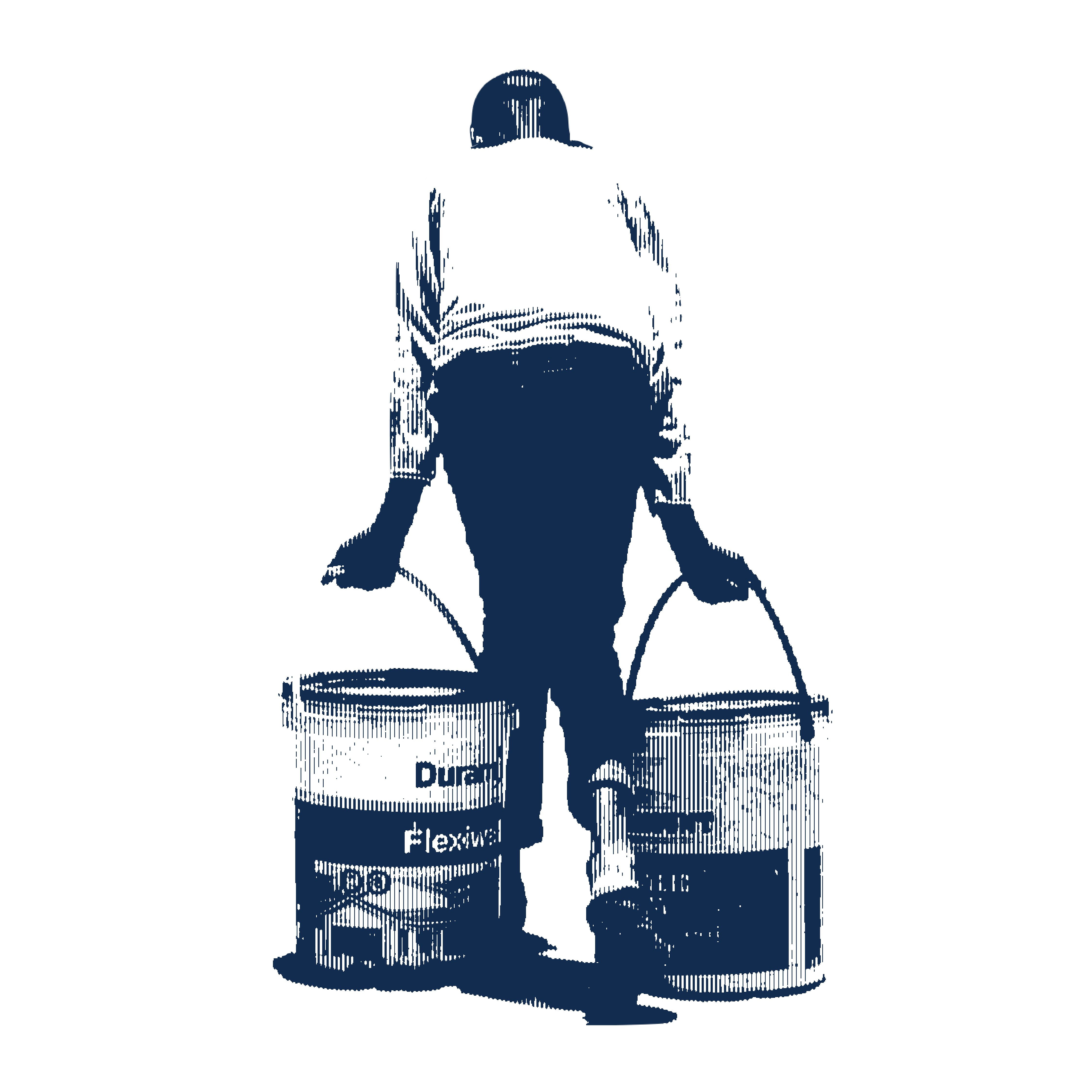Resource January 6, 2011
Vietnam: Increasing Floods, Diminishing Rainfall

This article is from a student at Tenzer Learning Center in New York, NY. Tenzer participated in a series of visits with Pulitzer Center journalists leading up the High School News Literacy Summit at Baruch College in Manhattan.
The world develops day by day. People's standard of living becomes higher. So we build more buildings and factories to provide what humans need today. All this development has consequences, however.
The central area of Vietnam always has flooding, but today the floods are increasing, although there is less rainfall. For example, in 1999 there was terrible flooding, but less than 1000 mm of rain, according to Zing, a Vietnamese news and entertainment website for teens. Humans cause these problems because they cut down forests (deforestation). When there are heavy rains, the forest is without trees to prevent water from running slowly, so the water runs down quickly to the foot of the forest, then floods the homes and fields of people nearby.
Flooding sabotages the fields and homes, and it also kills people. Flooding destroys everything in the houses and makes houses collapse. After flooding, children can't go to school because the books are wet and schools are devastated. Adults can't work because the fields are dead. The well water they used before is full of mud. People haven't food to eat, clean water to drink, or homes to live in.
In the cities, after heavy rain, there is flooding too. Although it isn't as dangerous as the countryside, it is also inconvenient to the people. The traffic can't run on the street because the water is up to the knees. Why does this happen? Humans cause this problem too. Humans care to build more houses, buildings and factories, but they don't care to build more sewers and plant more trees.
I asked my mother, Lien Manh, 45, a housewife, if the problems with water changed during her lifetime. "Is there more or less flooding than in the past?" She said, "There was less flooding in the past, because I lived in the countryside for a long time after Vietnam became free in 1975. There were a lot of forests and fewer houses. I used the well water to cook and I planted vegetables. The water was clean. But now the well water and the rivers are dirty. People are littering the rivers, although the water in the cities is clean, but it isn't natural any more. It has a lot of chemical substance and pollution from the factories and garbage."
Drinking water is one of the most important problems in the world. According to The Water Project, a non-profit organization, nearly one billion people don't have access to clean, safe drinking water. According to Nitya Jacob, environmental journalist and author, "Life began in water and we use it for everything - drinking, eating, bathing, farming, manufacturing, clothing, etc. It's one of the four life forces. But we disrespect it." The water sources are becoming dirty.
Finally, water is a logistical, political and organizational problem. Humans have to plant more trees and build more sewers to protect against floods. Governments must prevent deforestation. We can't throw litter into the rivers and dump chemical substances from the factories into the rivers. We must focus on the worldwide water issue. Water is everyone's responsibility.
I asked my mother again, " What is the important thing to solve the water problem ?" She said, " The media needs to show the people what is happening with water around the world, give reliable information and propagate a hygienic lifestyle."
Sources : http://www.zing.vn/news,
http://thewaterproject.org/how-to-give-clean-water.asp,
http://www.ens-newswire.com/ens/may2008/2008-05-26-04.html

